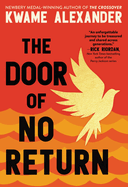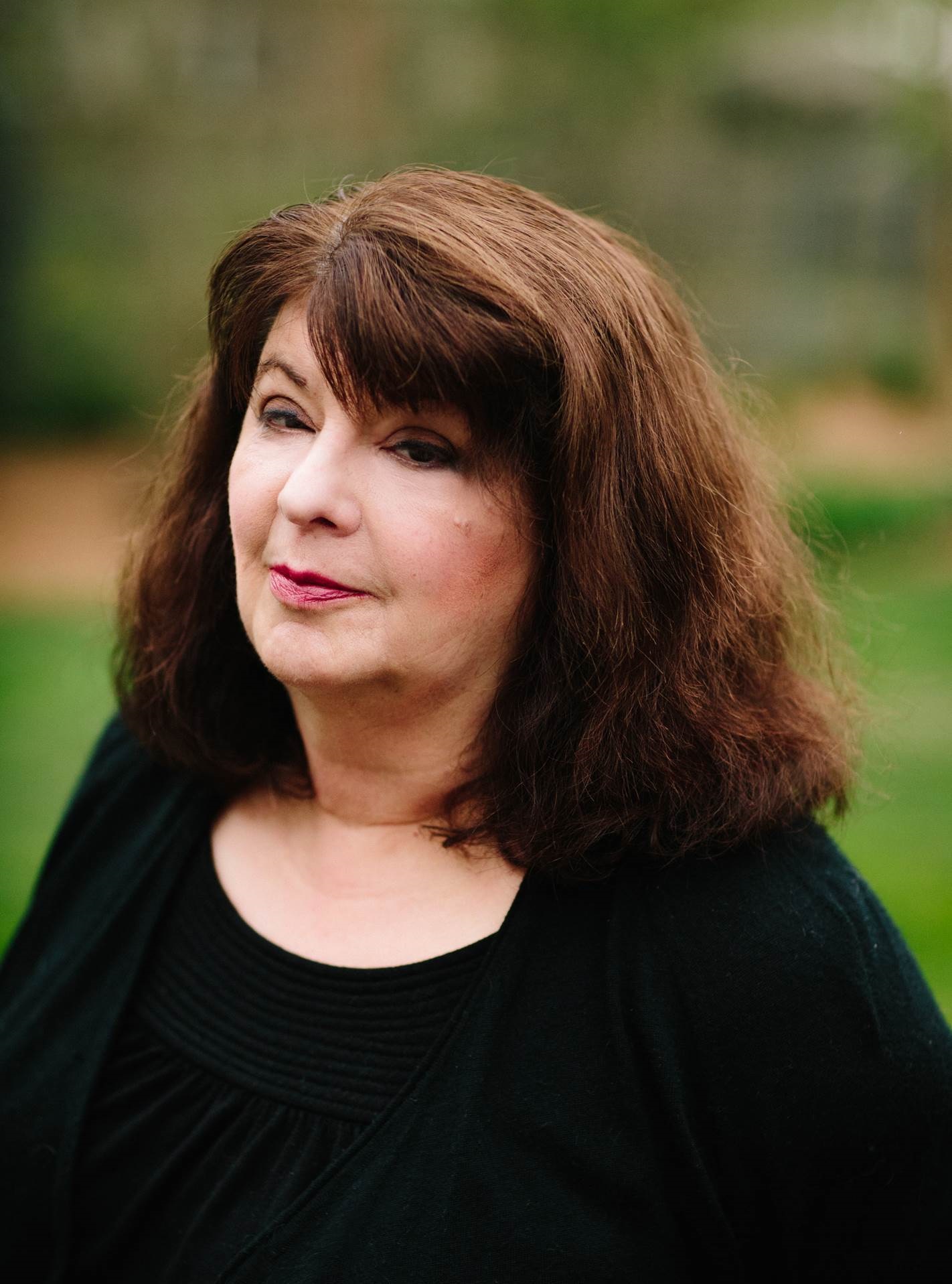 |
| photo: Justine Bursoni |
Jean Thompson is the author of 15 works of fiction, both novels and short story collections, including the National Book Award finalist Who Do You Love and The Year We Left Home. Her newest novel, The Poet's House (Algonquin, July 12, 2022), about a young woman who discovers the insular world of writers, is a wry meditation on art, both as transformative and in the ways in which it can be leveraged as commerce. Thompson lives in Urbana, Ill.
Handsell readers your book in 25 words or less:
A young woman trying to find her way in the world falls in love with poetry and the lives and adventures of the poets themselves.
On your nightstand now:
Dan Chaon's Sleepwalk, Christina Clancy's Shoulder Season, Andrew J. Graff's Raft of Stars, Peter Rock's Passersthrough.
Favorite book when you were a child:
I think it must have been Frances Hodgson Burnett's A Little Princess. A rich, kind and imaginative young girl in Victorian London loses her money and family, is forced to live in reduced circumstances and is cruelly treated by the meanie boarding school headmistress. Yet she perseveres and refuses to be defeated. Need I add that by the end of the book, her money and status have been restored and she triumphs over her adversaries?
Your top five authors:
I never do a very good job at this question. How about narrowing it just to short story writers? Chekhov for modernizing the story; Alice Munro and Raymond Carver for elevating it; Flannery O'Connor for making works of genius out of her obsessions; and Peter Taylor for writing "The Old Forest."
Book you've faked reading:
I don't think I've actually lied about having read Moby-Dick, but I have been happy to stay silent about it and nod and let people assume I have. On the other hand, I actually did read The House of the Seven Gables. How many other people can say that?
Book you're an evangelist for:
James Conrad's Making Love to the Minor Poets of Chicago, a great comic novel about poets misbehaving, as do the poets in my new book. Conrad has them competing for the right to place a poem on the doors of the Yucca Mountain Nuclear Waste Depository. It's all absurd and great fun.
 Book you've bought for the cover:
Book you've bought for the cover:
I expect I would have eventually read the Lord of the Rings trilogy, but those Barbara Remington covers made you want to dive right into Middle-earth.
Book you hid from your parents:
I was 11 years old and a precocious reader. I went through stacks and stacks of books, constantly. My mother and a neighbor were laughing about Gone with the Wind and whether I ought to be allowed to read it. Not the last third or so, they agreed. Well, I got my hot little hands on my mother's copy, squirreled it away and spent all night reading it on the bathroom floor. Then I put it back where I'd found it. Of course, my mother and her friend were thinking of the scene where Rhett hauls Scarlett up the stairs and into bed. I can't remember if I found it shocking or titillating or puzzling. But how G-rated it seems now and how much more disturbing the episode where Rhett uses his hands to squeeze Scarlett's head. And as for Scarlett giggling about the whole thing the next morning? What in the world was I learning from this? Maybe none of us should have been allowed to read it.
Book that changed your life:
I know this isn't the way you're meant to answer, but I have to say it was my own first book, The Gasoline Wars. I was 29 years old and I was a writer. It said so right there.
Favorite line from a book:
"Beware; for I am fearless, and therefore powerful." --Mary Shelley, Frankenstein
Five books you'll never part with:
The Complete Brothers Grimm Fairy Tales, Stella Gibbons's Cold Comfort Farm, Sandra M. Gilbert and Susan Gubar's The Madwoman in the Attic, James Agee's A Death in the Family, Leo Tolstoy's The Death of Ivan Ilyich and Other Stories.
Book you most want to read again for the first time:
Wally Lamb's She's Come Undone. So much that is sad and uncomfortable, even the humor. But when Dolores comes into her own and reveals her past, I've never laughed out loud so hard.
How you expect readers will respond to your narrator, Carla, and to the poets themselves:
I expect there might be some actual poets who read the book. I hope that they, and others, will recognize different personalities and different types: the flamboyant eccentric, the earnest striver, the beloved elder at the end of their career. And I hope they will forgive my attempts at writing poetry myself. Carla is young, and her faults and mistakes are those of a young person. She can be abrasive and smartass and often seems too sure of herself when she's anything but. I hope the reader will root for her, because Carla is her own severest critic--and some very good things come from her growing pains. Not only does she gain in self-knowledge, but she also ends up helping others.
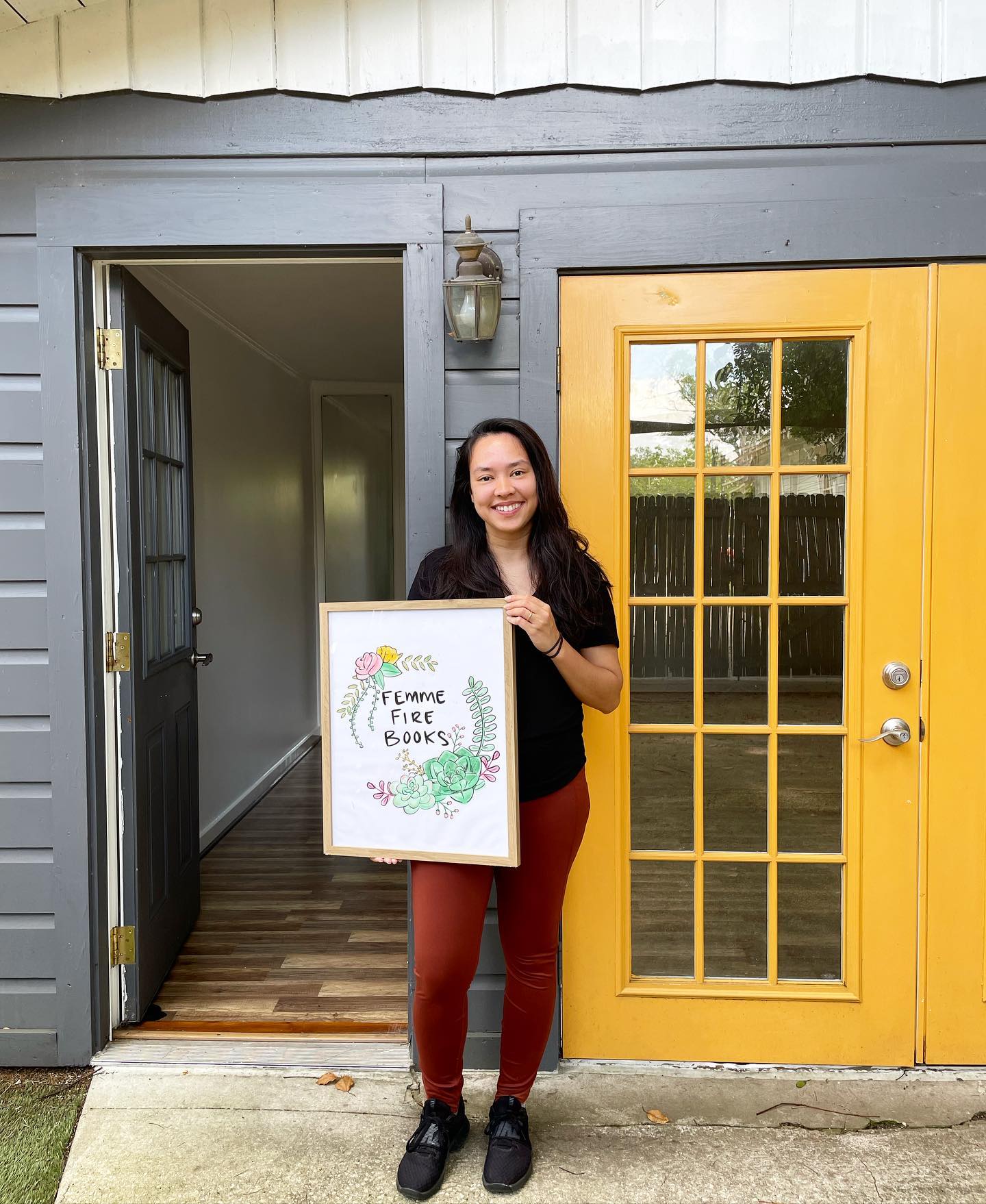





SHELFAWARENESS.1222.S1.BESTADSWEBINAR.gif)



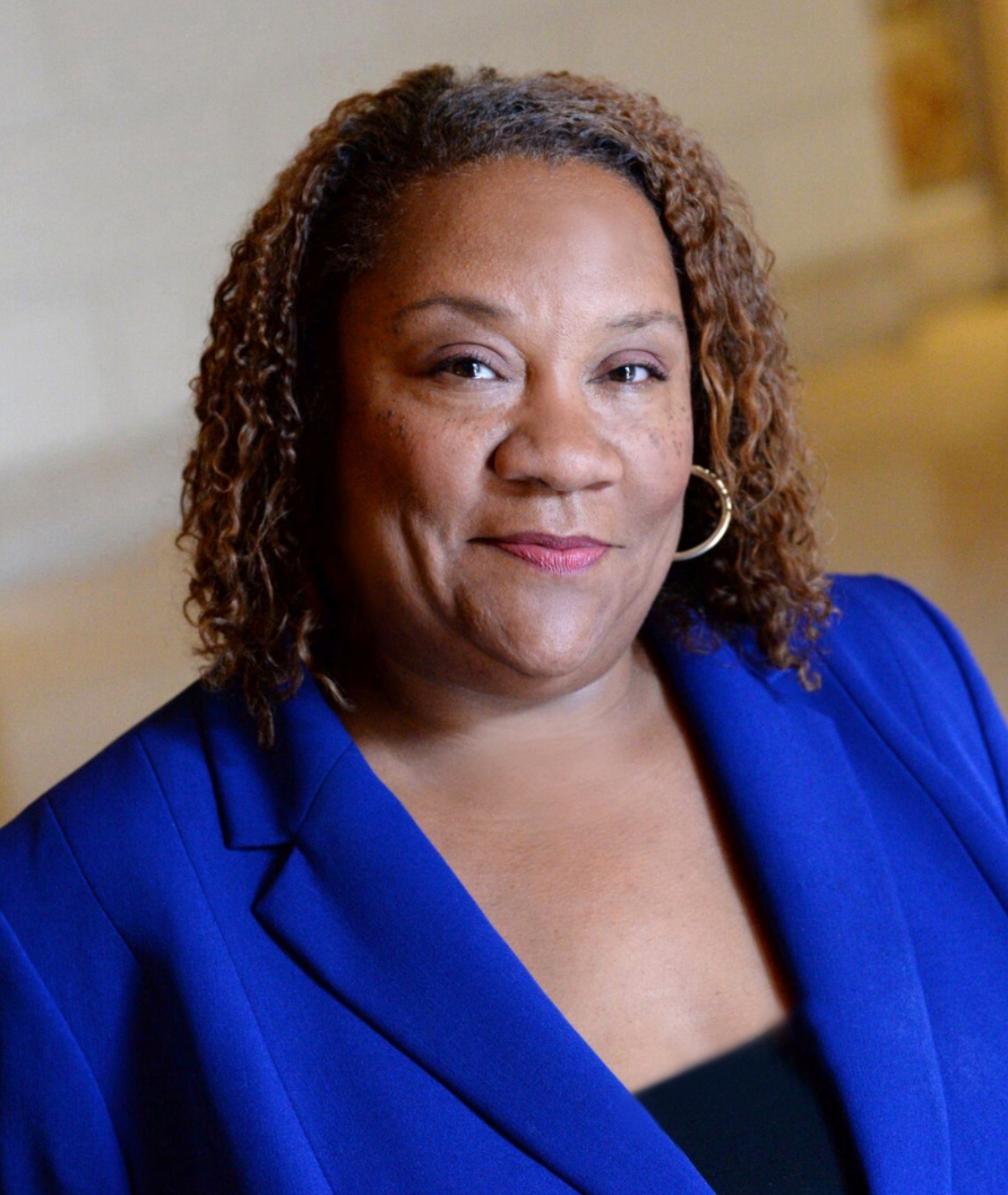
SHELFAWARENESS.1222.T1.BESTADSWEBINAR.gif)
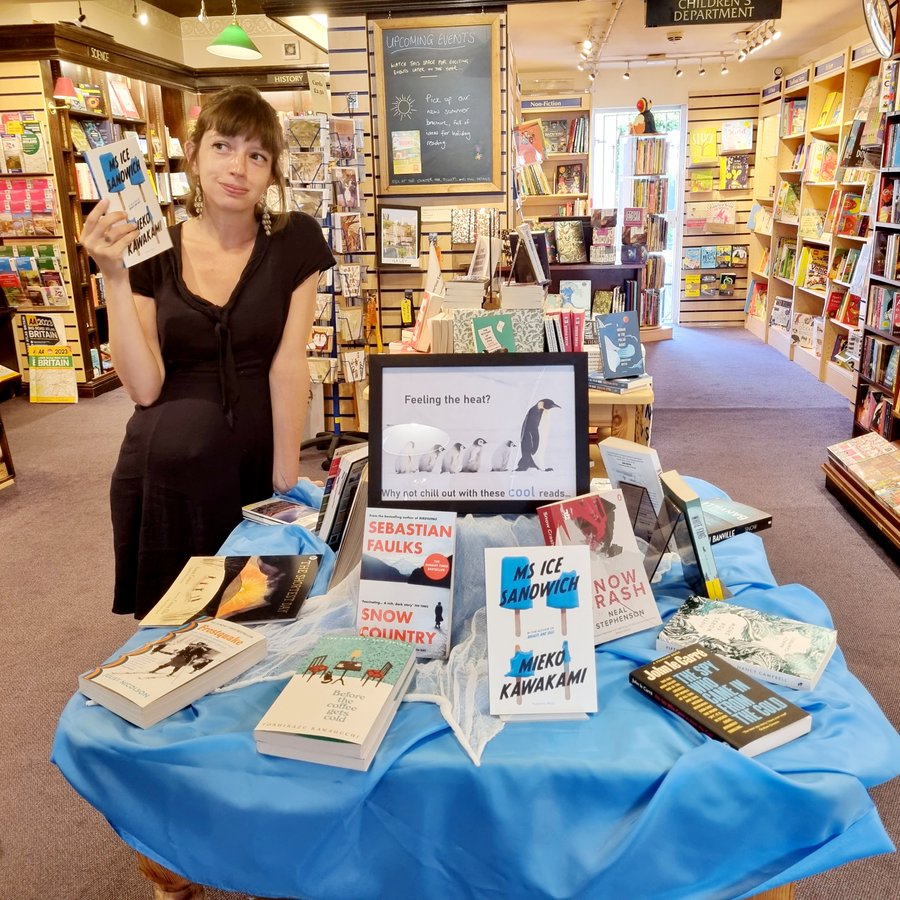
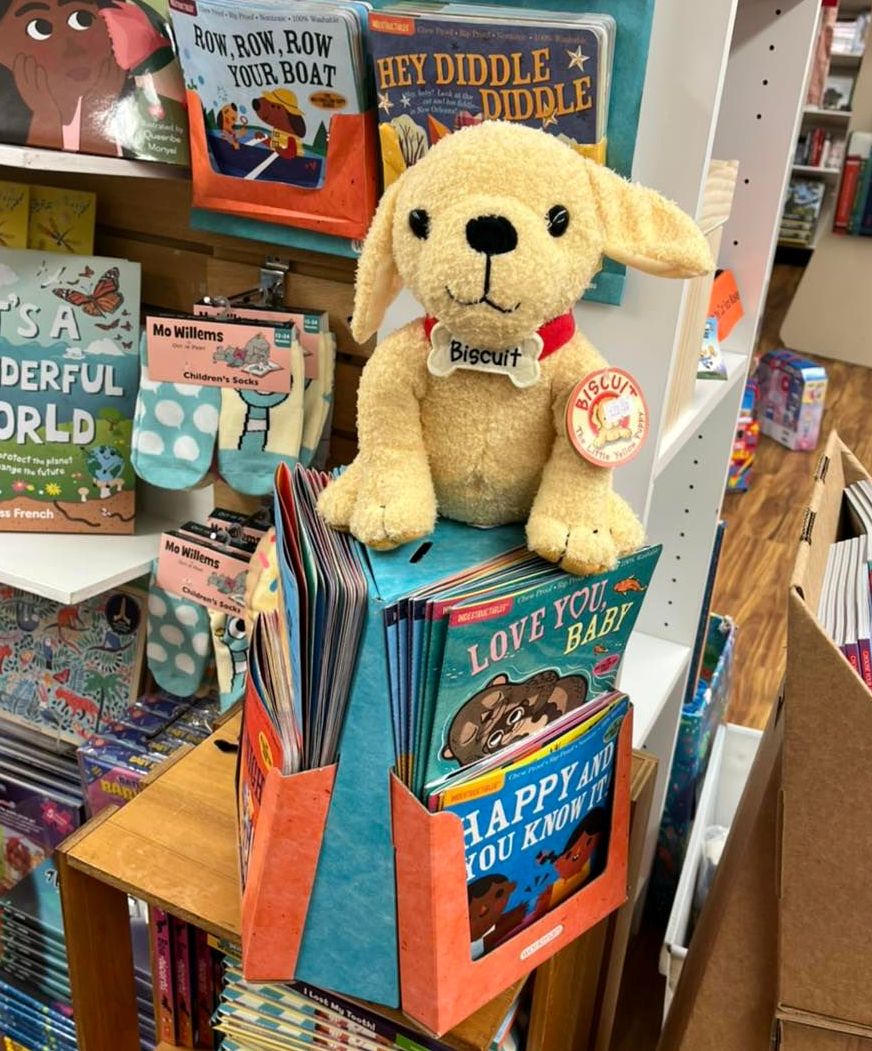 At
At 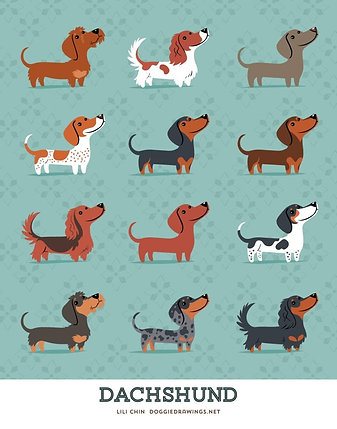


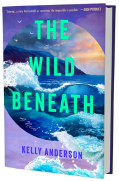
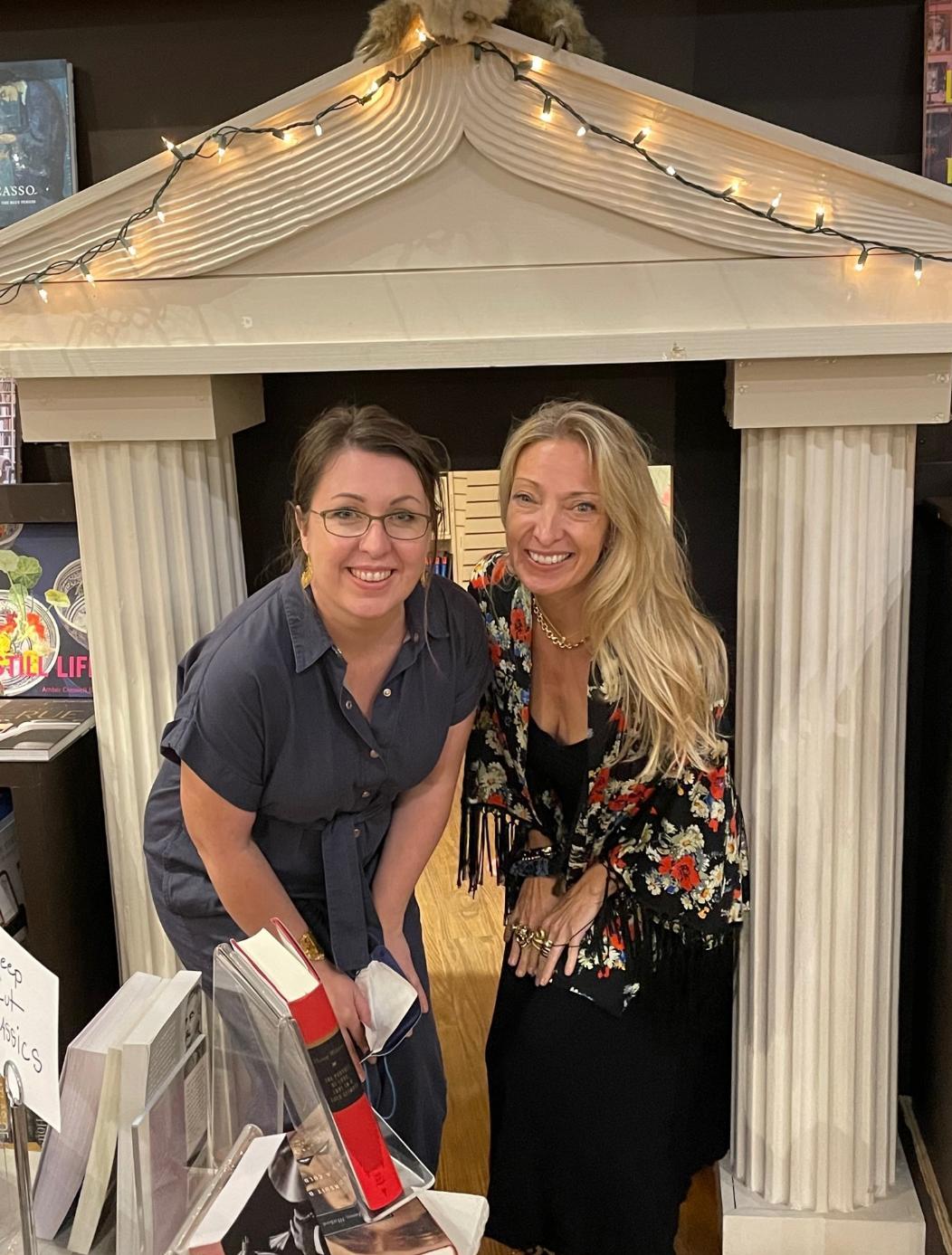 British author Ruth Ware is in the midst of a two-week, nine-city, in-person U.S. tour for her novel The It Girl (Scout Press/Gallery), which included a sold-out stop at
British author Ruth Ware is in the midst of a two-week, nine-city, in-person U.S. tour for her novel The It Girl (Scout Press/Gallery), which included a sold-out stop at 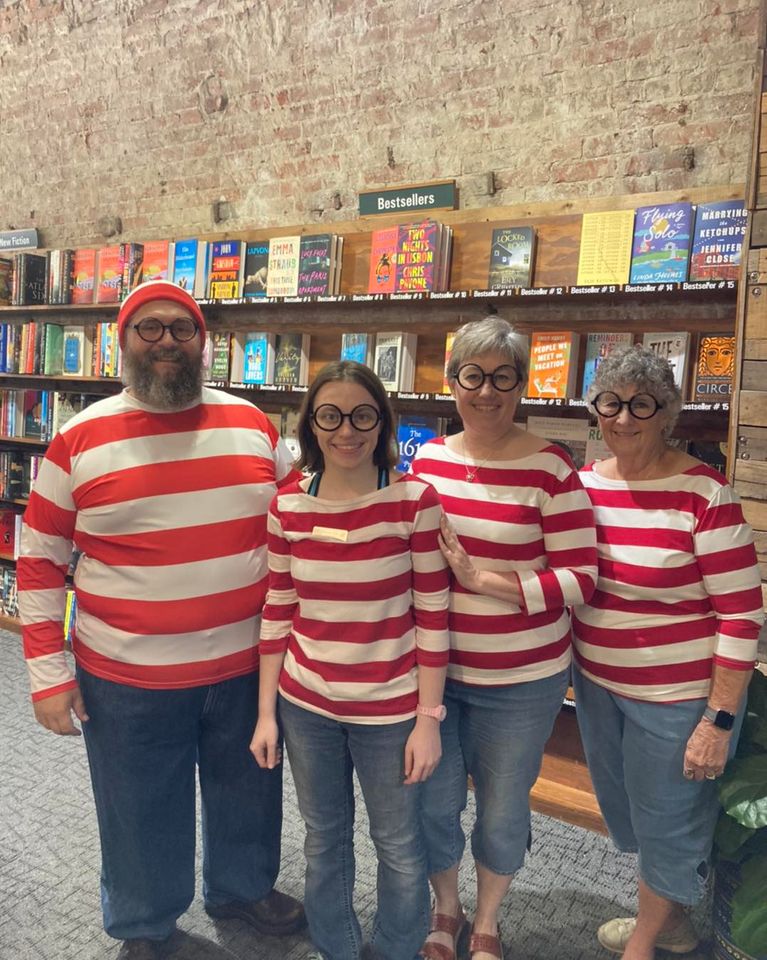 "
"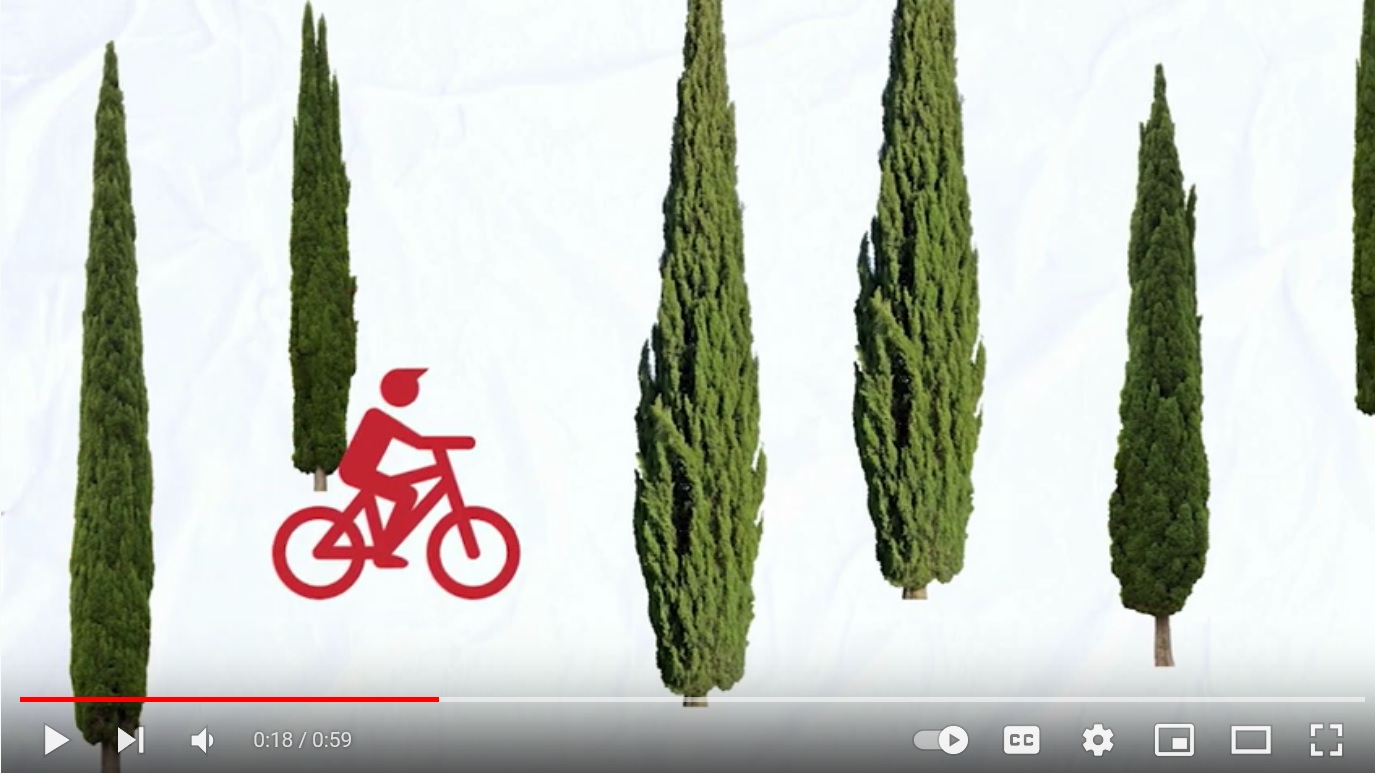 The Boys: A Novel
The Boys: A Novel
 Book you've bought for the cover:
Book you've bought for the cover: In this foreboding yet mesmerizing historical novel in verse by Newbery Medalist
In this foreboding yet mesmerizing historical novel in verse by Newbery Medalist 